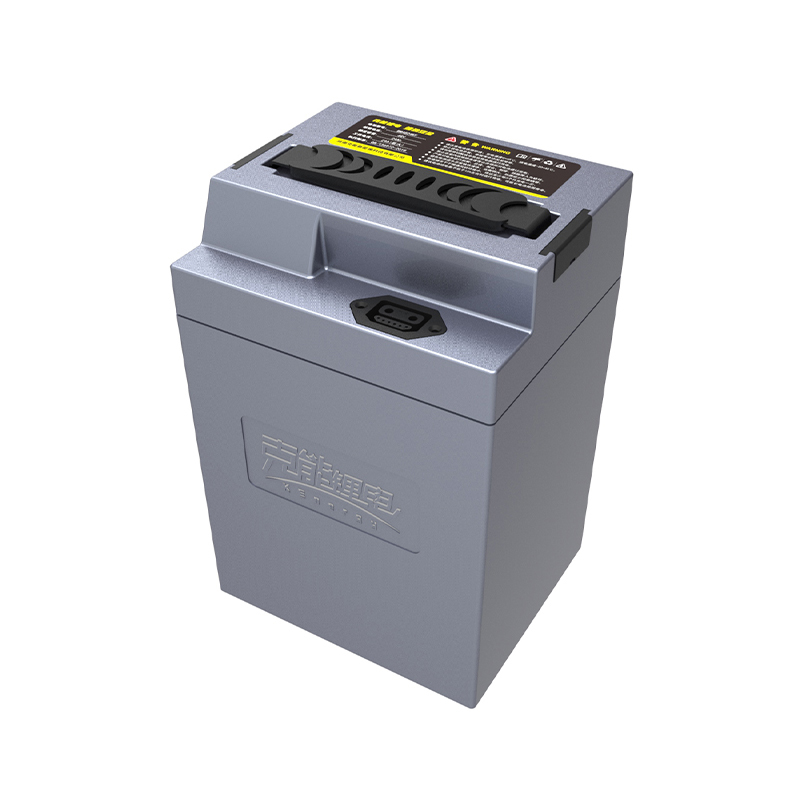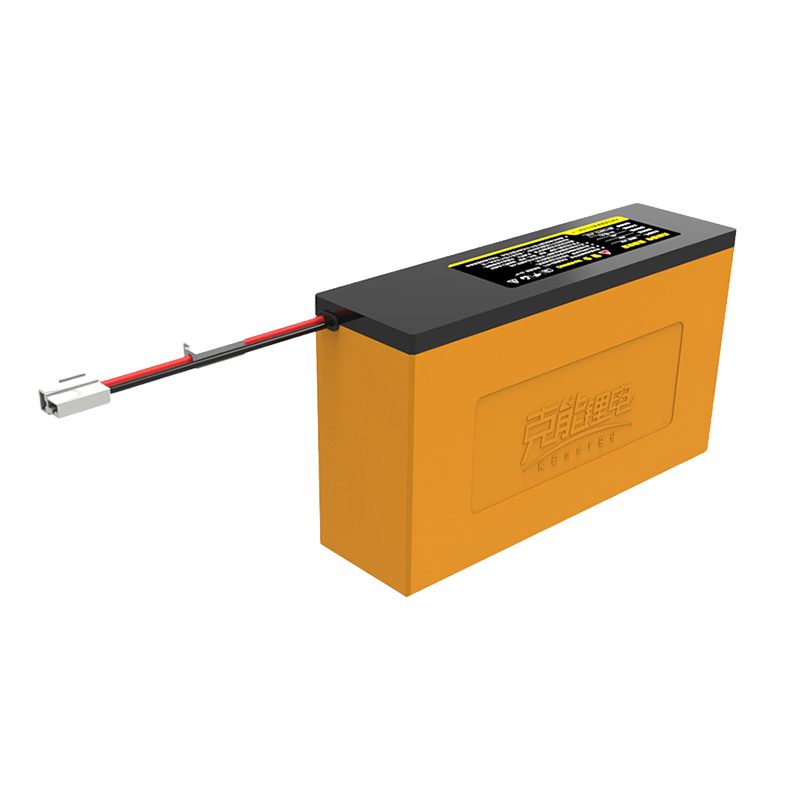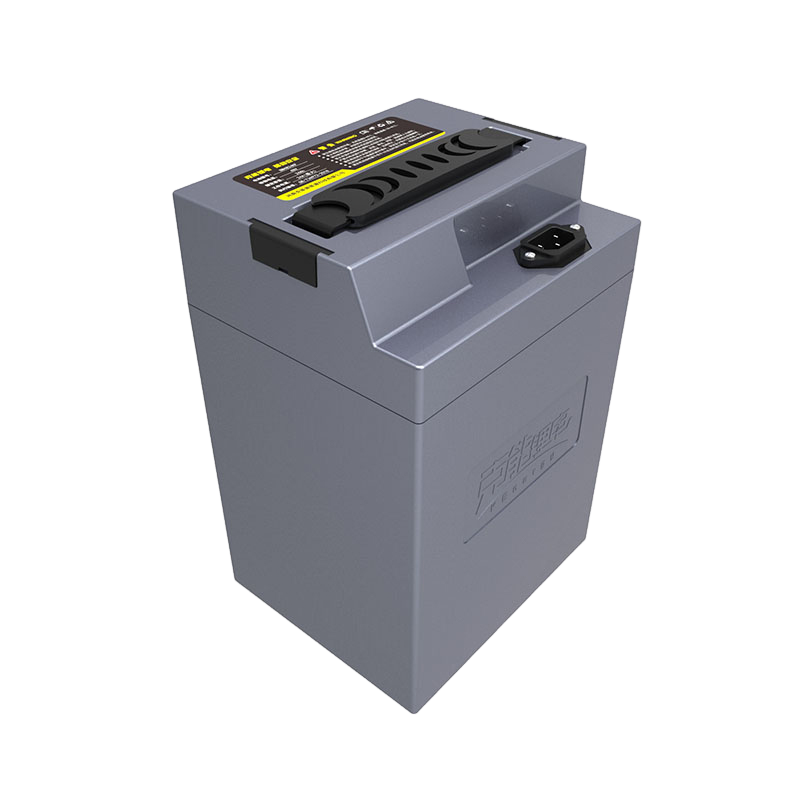KELAN 48V16AH(BM4816KD) Light EV Battery
| Model | 4816KD |
| Capacity | 16Ah |
| Voltage | 48V |
| Energy | 768Wh |
| Cell Type | LiMn2O4 |
| Configuration | 1P13S |
| Charge Method | CC/CV |
| Max. Charge Current | 8A |
| Max. Continuous Discharge Current | 16A |
| Dimensions(L*W*H) | 265*155*185mm |
| Weight | 7.3±0.3Kg |
| Cycle Life | 600 times |
| Monthly Self-discharge Rate | ≤2% |
| Charge Temperature | 0℃~45℃ |
| Discharge Temperature | -20℃~45℃ |
| Storage Temperature | -10℃~40℃ |
High Energy Density: Manganese-lithium battery packs have excellent energy density, allowing them to store large amounts of power in a compact space. This extends the range of EVs, allowing them to travel further distances without recharging.
Long Lifespan: Manganese-lithium batteries are known for their long-lasting cycle life, as they can go through multiple charge and discharge cycles without any degradation. This greatly reduces the need for frequent battery replacements, saving costs for the user.
Fast Charging: Manganese-lithium battery modules often feature fast charging technology, allowing EV owners to easily and conveniently charge their vehicles in a short period of time. This enhances the overall convenience of using an electric vehicle.
Lightweight Design: Manganese-lithium batteries provide lightweight solutions for electric vehicles, effectively reducing their total weight. This in turn enhances the vehicle's suspension performance, handling capabilities and overall efficiency.
High-Temperature Stability: Manganese-lithium batteries can maintain stability even in high-temperature environments, which greatly reduces the possibility of safety issues caused by overheating. This characteristic makes them highly adaptable to different climatic conditions.
Low Self-Discharge Rate: A noteworthy property of manganese-lithium battery packs is the minimal self-discharge rate. As such, they can efficiently retain power during prolonged periods of inactivity, greatly extending their overall functionality and usefulness.
Eco-Friendly Characteristics: Lithium manganese batteries are known for having lower levels of harmful substances, which makes them more environmentally friendly. This quality helps to reduce the overall ecological impact of electric vehicles.













